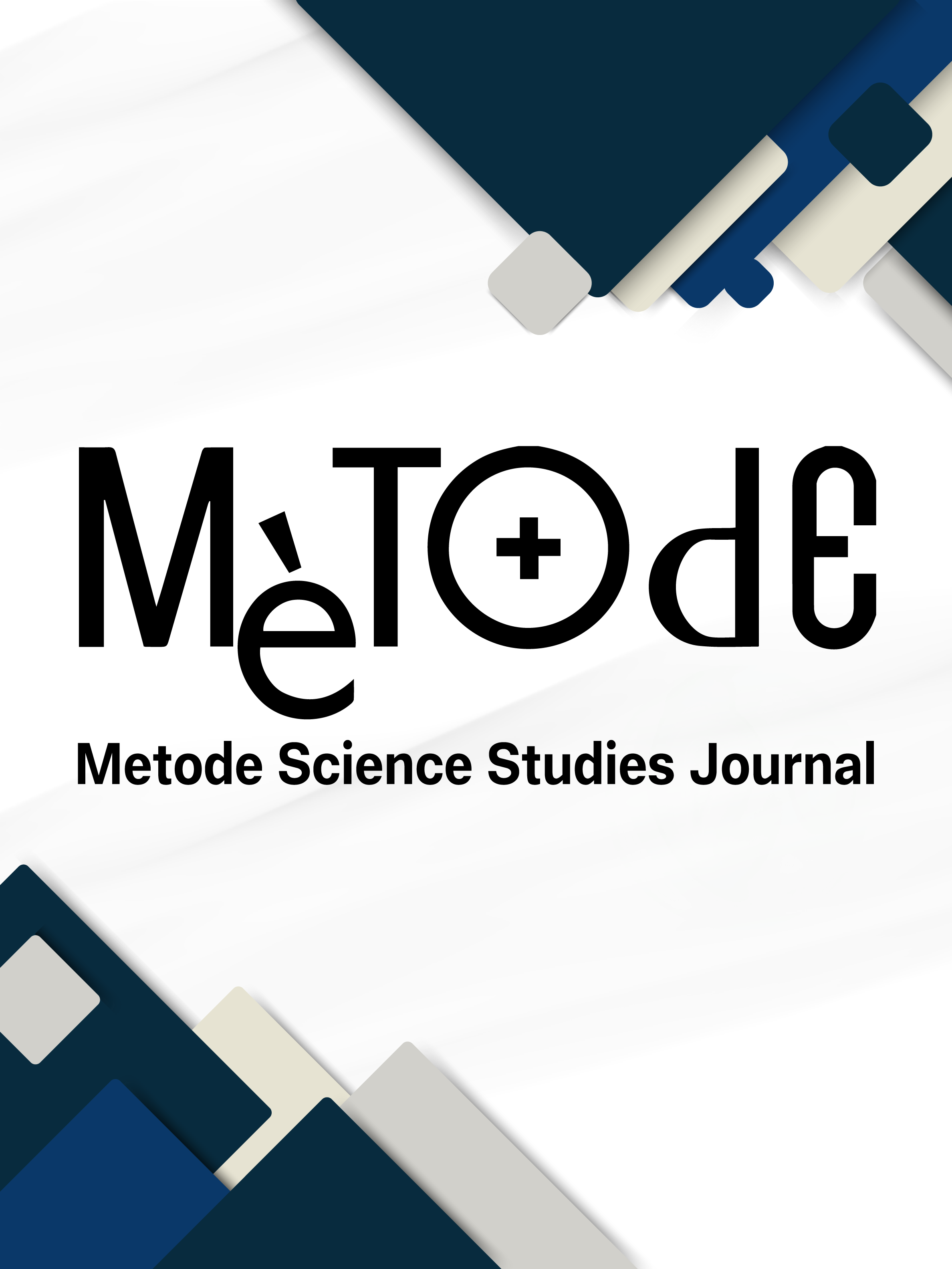Reassembling and generating cultural networks
A digital humanities research agenda
DOI:
https://doi.org/10.7203/metode.15.27784Keywords:
cultural networks, digital humanities, cultural analytics, metaphysics of process, phenomena Abstract
Abstract
This paper proposes a research agenda to study cultural networks that assumes their role both in making meaning and as adaptative tools for humans and their communities. First, the agenda grounds the study of cultural networks in Whitehead’s (1861–1947) metaphysics of process, posing that cultural networks emerge during human’s production of relations with the world of phenomena. Then, the paper identifies two approaches to studying cultural networks, reassembling them or generating them. Thirdly, it contextualizes the importance of understanding cultural networks vis a vis the consolidation of the digital humanities in the academic domain, and the productivity of networks as tools to explore the cultural in networked domains of human experience. The final remarks locate the proposed research agenda within the context of multidisciplinary research on cultural analytics.
 Downloads
Downloads
 References
References
Abbott, A. D. (2016). Processual sociology. The University of Chicago Press.
Emirbayer, M., & Goodwin, J. (1994). Network analysis, culture, and the problem of agency. The American Journal of Sociology, 99(6), 1411–1454. https://doi.org/10.1086/230450
Erikson, E., & Feltham, E. (2020). Historical network research. In R. Light & J. Moody (Eds.), The Oxford handbook of social networks (pp. 762–774). Oxford University Press.
Fuhse, J. A., & Gondal, N. (2015). Networks and meaning. In J. D. Wright, International Encyclopedia of the Social & Behavioral Sciences (Second edition, pp. 561–566). Elsevier Ltd. https://doi.org/10.1016/B978-0-08-097086-8.10447-7
Gondal, N. (2021). Multiplexity as a lens to investigate the cultural meanings of interpersonal ties. Social Networks, 68, 209–217. https://doi.org/10.1016/j.socnet.2021.07.002
Gondal, N., & McLean, P. D. (2013). Linking tie-meaning with network structure: Variable connotations of personal lending in a multiple-network ecology. Poetics (Amsterdam), 41(2), 122–150. https://doi.org/10.1016/j.poetic.2012.12.002
Latour, B. (2005). Reassembling the social: An introduction to actor-network-theory. Oxford University Press.
Lupker, J. A. T., & Turkel, W. J. (2021). Music theory, the missing link between music-related big data and artificial intelligence. Digital Humanities Quarterly, 15(1). https://www.digitalhumanities.org/dhq/vol/15/1/000520/000520.html
McNeill, J. R., & McNeill, W. H. (2003). The human web: A bird’s-eye view of world history (1st ed.). W. W. Norton.
Miccio, L. A., Gámez-Pérez, C., Suárez, J. L., & Schwartz, G. A. (2022). Mapping the networked context of Copernicus, Michelangelo, and Della Mirandola in Wikipedia. Advances in Complex Systems, 25(5n06), 1–20. https://doi.org/10.1142/S0219525922400100
Schich, M., Song, C., Ahn, Y.-Y., Mirsky, A., Martino, M., Barabási, A.-L., & Helbing, D. (2014). A network framework of cultural history. Science, 345(6196), 558–562. https://doi.org/10.1126/science.1240064
Schwartz, G. A. (2021). Complex networks reveal emergent interdisciplinary knowledge in Wikipedia. Humanities & Social Sciences Communications, 8(1), 1–6. https://doi.org/10.1057/s41599-021-00801-1
Suarez, J. L., Sancho-Caparrini, F., & de la Rosa Pérez, J. (2011). The art-space of a global community: The network of baroque paintings in Hispanic-America. 2011 Second International Conference on Culture and Computing, 45–50. https://doi.org/10.1109/Culture-Computing.2011.17
Whitehead, A. N. (1979). Process and reality. Free Press. (Original work published in 1929)
Downloads
Published
How to Cite
-
Abstract213
-
PDF18
Issue
Section
License
Copyright (c) 2024 CC BY-NC-ND 4.0

This work is licensed under a Creative Commons Attribution-NonCommercial-NoDerivatives 4.0 International License.
![]()
All the documents in the OJS platform are open access and property of their respective authors.
Authors publishing in the journal agree to the following terms:
- Authors keep the rights and guarantee Metode Science Studies Journal the right to be the first publication of the document, licensed under a Creative Commons Attribution-NonCommercial-NoDerivatives 4.0 International License that allows others to share the work with an acknowledgement of authorship and publication in the journal.
- Authors are allowed and encouraged to spread their work through electronic means using personal or institutional websites (institutional open archives, personal websites or professional and academic networks profiles) once the text has been published.





